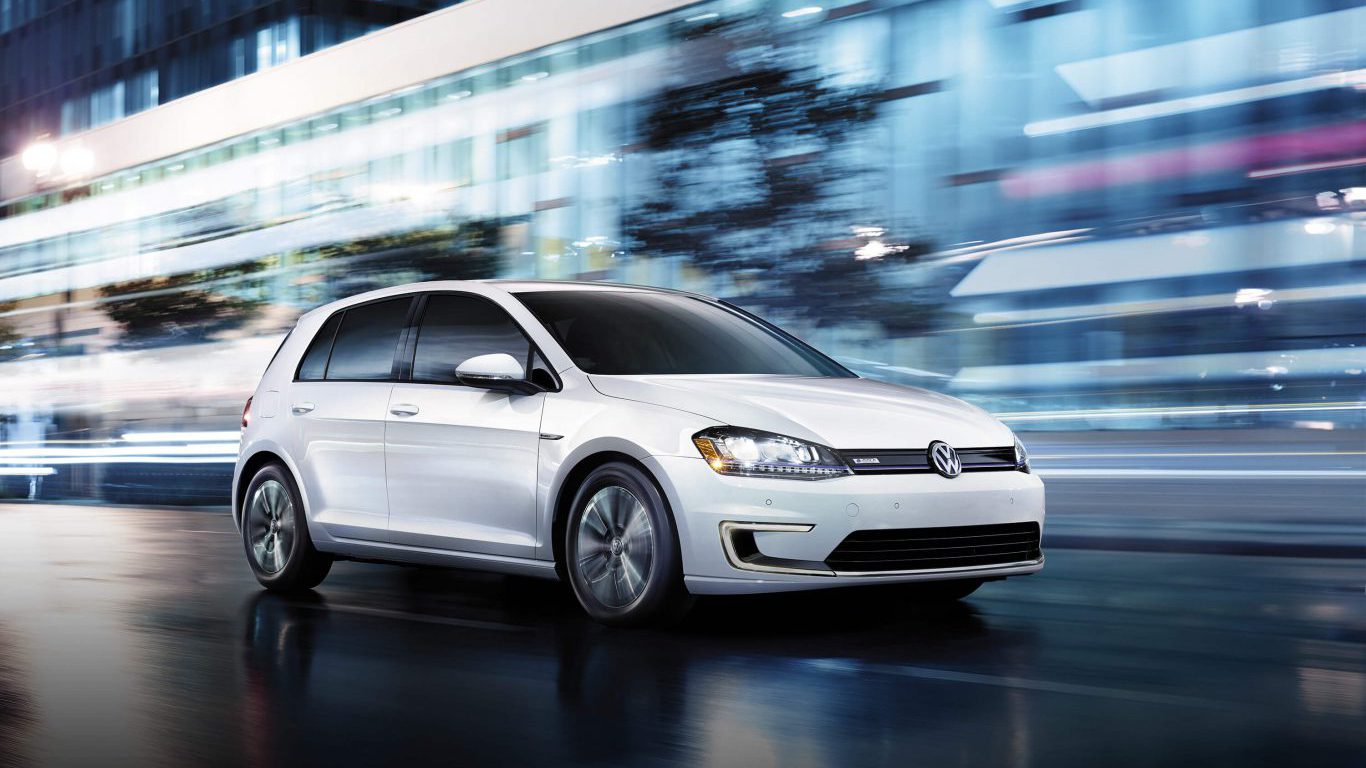
Volkswagen may make more vehicles in the United States. According to Reuters:
Volkswagen AG’s chief executive said on Tuesday after a meeting at the White House that the German automaker was building an alliance with Ford Motor Co and might use the U.S. automaker’s plants to build cars.
VW CEO Herbert Diess said the company was also “considering building a second car plant” in the United States, adding, “We are in quite advanced negotiations and dialog with Ford Corporation to really build up a global automotive alliance, which also would strengthen the American automotive industry.”
China believes trade talks with the United States will be successful. According to Reuters:
China expressed confidence on Wednesday that it can reach a trade deal with the United States, despite fresh warnings from President Donald Trump that he would revert to more tariffs if the two sides cannot resolve their differences.
The remarks by the Chinese Commerce Ministry follow a period of relative quiet from Beijing after Trump and Chinese leader Xi Jinping reached a temporary truce in their trade war at a meeting over dinner in Argentina on Saturday.
In a brief statement on its website, the ministry said China would try to work quickly to implement specific issues already agreed upon, as both sides “actively promote the work of negotiations within 90 days in accordance with a clear timetable and road map”.
A U.S. government task force wants the U.S. Postal Service to raise some rates. According to The Wall Street Journal:
A Treasury-led task force is proposing that the U.S. Postal Service charge more for certain package deliveries, going after Amazon.com Inc. and other online retailers that President Trump has said benefit at the post office’s expense.
The Postal Service hasn’t priced package deliveries with profitability in mind, according to the task force’s report released Tuesday. It said the agency should be able to charge market-based prices for mail and package items that aren’t deemed essential services. The report, requested by Mr. Trump in April, recommended raising prices for many types of commercial package deliveries, a growing business for the Postal Service.
Saudi Arabia and Russia will meet about a potential oil production cut deal. According to Bloomberg:
As ministers from OPEC and its allies arrive in Vienna for crucial talks, all have made clear they agree on the need for a cut in oil production. But none have explained how they’ll turn that desire into a reality.
With just a day to go before a critical OPEC summit, Saudi Arabia and Russia are set to meet Wednesday for make-or-break preparatory talks that’ll set the direction for the oil market. The stakes are high after prices suffered their largest monthly drop since the global financial crisis in November, and politicians including Donald Trump call on OPEC to keep energy prices in check.
Iraq may be the next country to leave the Organisation of the Petroleum Exporting Countries. According to CNBC:
Compliance across OPEC is in question amid conflicting interests regarding oil production cuts and an abrupt withdrawal announcement from Qatar.
While the tiny Gulf kingdom’s departure is largely symbolic and unlikely to lead to further exits, a top energy analyst believes that if any country were to break ranks next, it would be Iraq.
“I think in terms of all the OPEC countries, to me the one that stands out over the last six to eight months is Iraq,” Michael Cohen, head of energy markets research at Barclays bank, told CNBC’s “Squawk Box Europe” on Tuesday.
New York City has created a minimum wage for ride-sharing workers. According to CNN Business:
Drivers for Uber, Lyft and other ridehailing companies will soon get a minimum wage in New York City.
On Tuesday, the city’s Taxi and Limousine Commission voted on a minimum pay formula to protect ridehailing drivers from being underpaid by companies. Under the new policy, drivers will earn a minimum take-home wage of $17.22 per hour. That’s the ridehailing equivalent of a $15 minimum wage, accounting for the fact that those drivers have to pay payroll taxes and do not receive paid time off, the TLC said.
Thank you for reading! Have some feedback for us?
Contact the 24/7 Wall St. editorial team.




